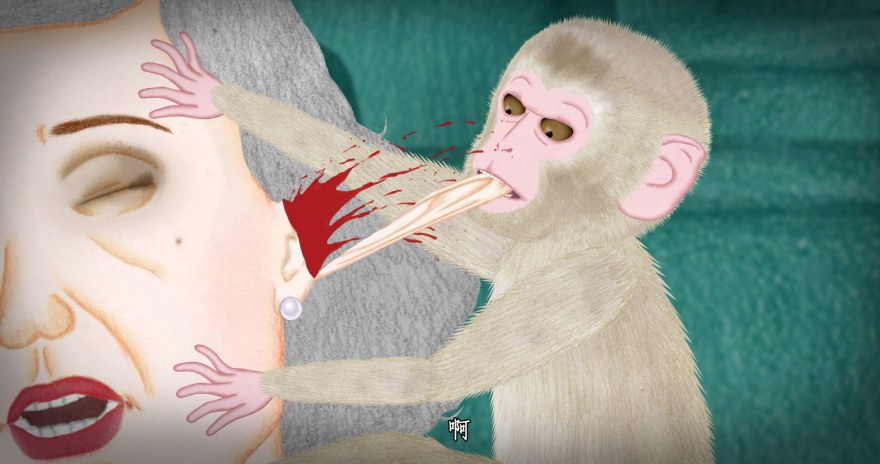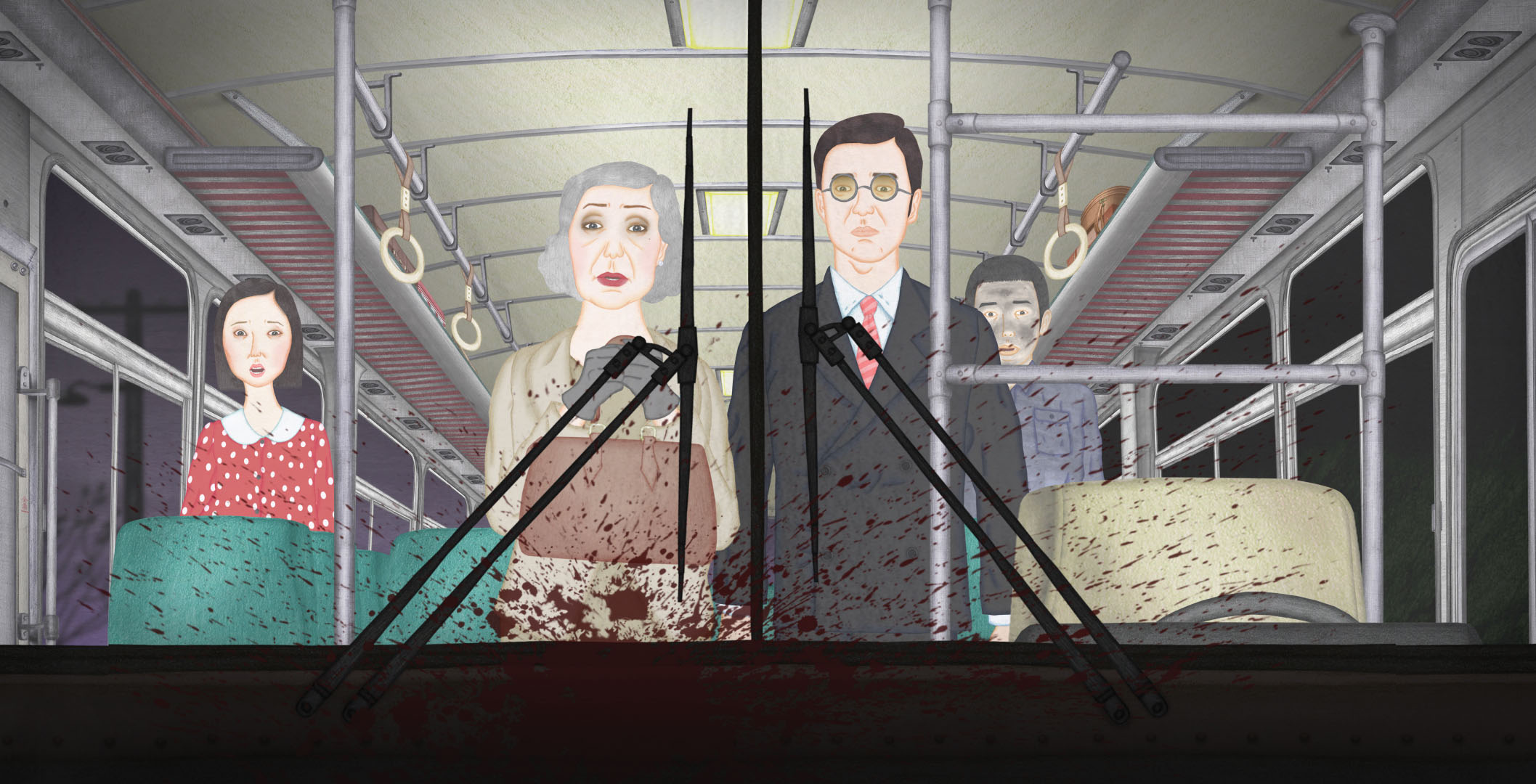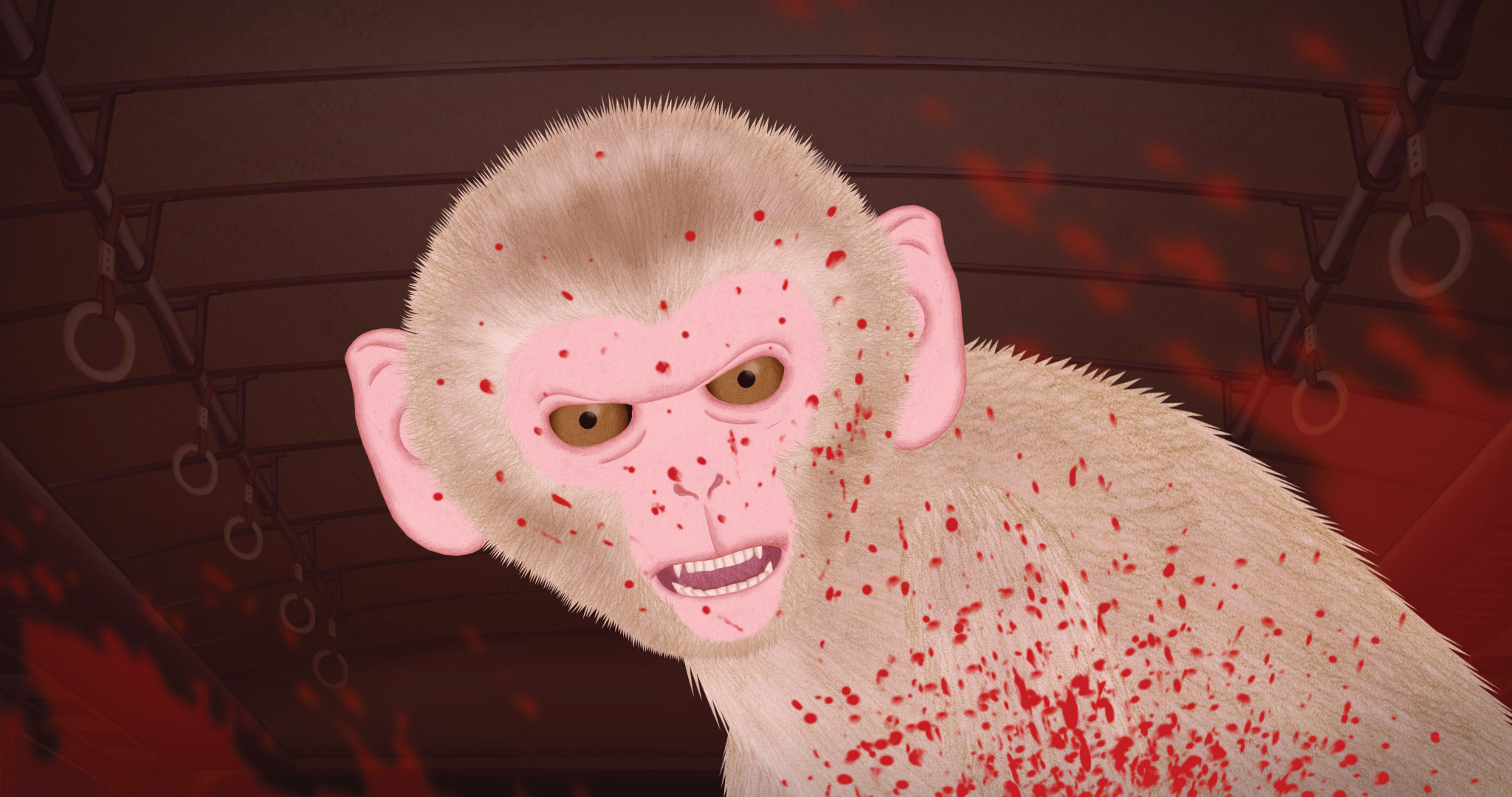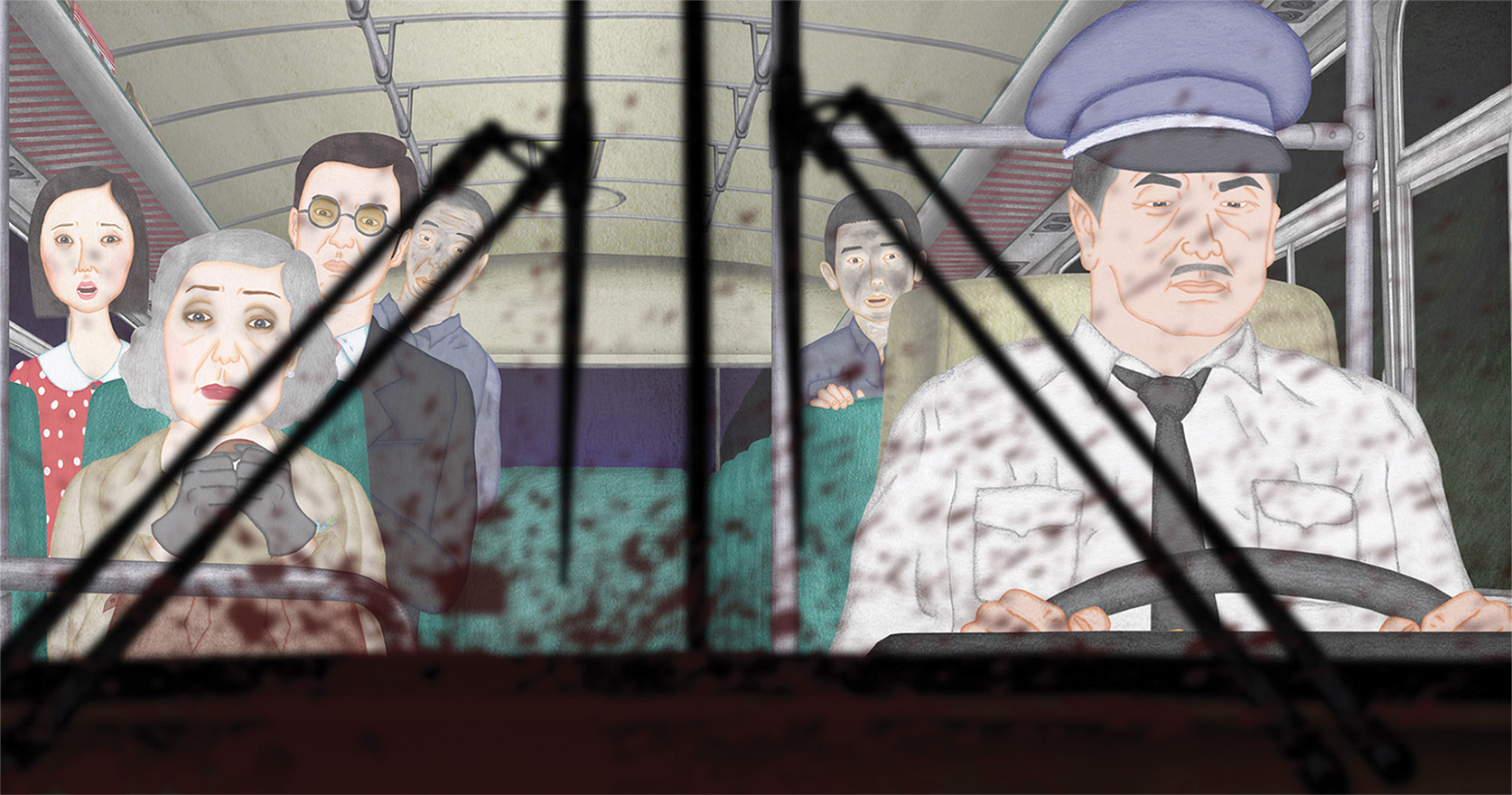Breakfast avec Night Bus (Bus de nuit)
Interview de Joe Hsieh, réalisateur de Night Bus (Bus de nuit)
Comment est née l’idée de Night Bus ? Avez-vous déjà voyagé dans un bus de nuit ou fait du covoiturage ?
J’adore observer les gens, prendre mentalement des notes de leurs émotions et expressions. Cela m’inspire souvent et c’est comme ça que naissent des idées que je cherche ensuite à intégrer dans mes films. L’idée de Night Bus m’est venue après avoir rassemblé de nombreuses idées brutes, alors que je conduisais de nuit le long de la route côtière dans le nord-est de Taïwan. Je me disais que le paysage (de gros rochers, un ciel éclairé par la Lune et le bruit des vagues qui se brisaient) serait le lieu parfait pour un thriller ou un drame. Les voyages sont ma meilleure source d’inspiration pour mes films et j’ai très souvent pris des bus de nuit à ces occasions. Ils ont un effet surréaliste et pourtant apaisant. Lorsque je ne dormais pas, j’inventais des histoires.
Aborder le sujet de la violence vous intéresse-t-il ? Avez-vous d’autres projets autour de ce thème ?
Tout à fait : mon nouveau film parle d’amour et de regrets, qui conduisent à une explosion de violence. Il s’appelle Praying Mantis. Pour moi, la violence n’est qu’un aspect du film, qui vient s’ajouter à l’intrigue et souligne les luttes entre différentes émotions, comme l’amour, la haine et les regrets. Ce que j’ai envie de montrer, ce sont surtout les conflits entre les émotions.
Pourquoi aviez-vous envie de jouer avec les peurs des personnages et leur envie de garder le contrôle ?
Je cherche toujours à ce que les personnages de mes films montrent beaucoup d’émotions et de réactions humaines, comme cela peut être le cas dans des longs métrages avec de vrais acteurs, qui ressentent la peur, la colère et le désespoir par exemple. De grands longs métrages m’ont énormément appris sur la manière d’utiliser les émotions humaines, pas seulement la peur et la soif de contrôle mais toute une variété d’émotions humaines.
Comment avez-vous créé la tension et le rythme ?
J’ai mis cinq ans pour faire ce film et j’ai essayé différents montages pour rendre cette histoire plus intéressante et plus divertissante. Dans la première version, l’histoire était racontée dans une séquence chronologique, mais j’ai trouvé que couper lors des scènes majeures et révéler la vérité par le biais de flash-backs permettait de rajouter du suspens. En ajoutant et en développant en parallèle l’histoire du petit singe qui a perdu sa mère et cherche à se venger, j’ai ajouté un certain rythme et du suspense au film. Et comme je vous l’ai dit plus haut, intégrer de la violence dans le film m’a permis de faire ressortir la richesse de l’intrigue.
Voyez-vous Night Bus comme une comédie ou comme un drame ?
Pour moi c’est une comédie dramatique. C’est un drame parce qu’une femme cherche à fuir son mari violent et qu’un petit singe cherche à venger la mort de sa mère. Et en même temps, la violence excessive du film (dans la même veine que Quentin Tarantino) ajoute un peu d’humour noir. J’aime que les spectateurs puissent le voir à la fois comme un drame et comme une comédie.
Que pensez-vous que l’avenir réserve aux courts métrages ?
Je pense que les courts métrages intéresseront davantage de spectateurs à l’avenir car, à cause des réseaux sociaux, le public est de plus en plus habitué à voir des contenus et des informations plus courts et plus précis. Des créations ou des idées courtes et brillantes retiennent l’attention des spectateurs plus rapidement et peuvent être diffusées en seulement quelques secondes. Les courts métrages permettent une plus grande liberté créative et coûtent moins cher à produire que des longs métrages. Je pense que nous verrons bientôt de plus en plus de fantastiques courts métrages.
Demain on reconfine, quels plaisirs culturels conseillez-vous pour échapper à l’ennui ?
Bonne question. Jusqu’à présent, à Taïwan, nous avons eu la chance de ne pas être confinés car la propagation du virus est restée sous contrôle. En cas de confinement, je regarderai des films très différents à la télévision ou en streaming pour apprendre des meilleurs et me cultiver pour mes futures réalisations. J’ai également une formation artistique, donc regarder des œuvres d’art pourrait aussi m’être utile pour développer mon esprit créatif.
Pour voir Night Bus (Bus de nuit), rendez-vous aux séances de la compétition labo L1.











